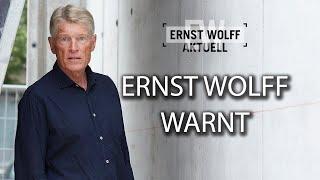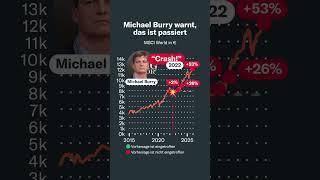| The meltdown at a nuclear power station in Fukushima, Japan, ten years ago stoked anxieties about nuclear energy. But nuclear is one of the safest, most reliable and sustainable forms of energy, and decarbonising will be much more difficult without it. Further content: Sign up to our newsletter about climate change: https://econ.st/38bLSO9 The Economist also has a new weekly newsletter, Simply Science: https://econ.st/3uWjw4b Find all our coverage on science and technology: https://econ.st/3c3aEB1 See our latest coverage on climate change: https://econ.st/3uY1ZZd Why didn't the Fukushima disaster spur reforms in Japan? https://econ.st/3e8BDxS The lessons about nuclear power, ten years on from Fukushima: https://econ.st/3c2fcYC What is the future of Britain’s nuclear reactors? https://econ.st/3bg8ejt Why smaller nuclear reactors might be better: https://econ.st/38dMQcz How the world relies on Russia for nuclear power plants: https://econ.st/3kMqy6V Listen to an episode of The Intelligence podcast about nuclear arms control: https://econ.st/3kO6i4N Will nuclear energy power war zones? https://econ.st/3qsdipr Could floating reactors be a better option? https://econ.st/3uTIvVM The most promising zero-carbon resources: https://econ.st/3kLlYG9 |
Tags: Featured







































